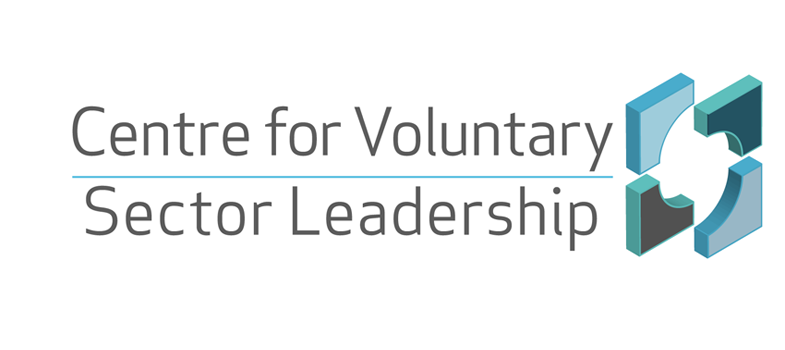2 Introducing agonsim
The idea of agonism originates in political studies (Connolly, 2002 and 2005; Honig, 1993; Mouffe, 2009 and 2013), but does hold wider implications for voluntary organisations and the voluntary sector. Agonism does, in fact, have implications for any organisation that has some kind of community focus or advocacy role. The critique posed by agonists is that too much of politics and public life is concerned with finding consensus and seeking harmony. For example, Mouffe (2009) is critical of New Labour for trying to collapse ideological differences between left and right. What Mouffe (2013) calls the ‘passions’ of politics are vital for any kind of political engagement – party politics, community politics or organisational politics – and too much of politics, in her view, suppresses these feelings and commitments.
The result, one could argue, is the occasional explosion of antagonism. Note here the difference between antagonism and agonism. Antagonism refers to hostilities between people who do not share the same basic foundational commitment to the norms and practices of liberal democracy. This means freedom of expression, some kind of expectation of participation in civic life, the right to vote and certain basic human rights.
Mouffe’s argument is that repressing the differences between ideologies or moral commitments leads to a build-up of resentment that can explode in unpredictable and even violent ways. As grievances, differences and fears are not aired, they fester and are then channelled in occasional violent outbursts (violent in linguistic and/or physical terms). For example, the UK referendum on membership of the EU also witnessed a parallel increase in the number of reported race hate crimes. We could debate the causes of such acts and feelings all week, but the important thing here is not the ideological vehicle for antagonism, nor its roots, but to note the fact of its existence.
Thinking about antagonism inside organisations, it is common for deep concerns to be silenced or for people to assume in advance that they should not voice their grievances openly. The outcome is often more insidious than open disagreement and conflict: a gnawing cynicism that grips people’s identifications with their organisations and those in charge.
Agonism, then, is a directing of conflict in democratic ways. Its starting premise is that each person engaged in an agonistic process holds a basic belief in liberal-democratic norms (Mouffe, 2013). We might disagree ferociously but, when all is said and done, we respect one another’s right to oppose and to speak up. We live to fight another day.
Agonism also has a strong identity dimension. As all of our identities can be thought of as incomplete and dynamic, agonists argue that it is important that we engage in debate and conflict that challenges passionately held beliefs. In this way, an agonistic conflict can appear as quite intense because it can involve questioning the relevance or ethical robustness of someone’s strongly held identity in relation to a particular issue, and staking a claim for an alternative identity. As hinted at in Week 3, agonism also emphasises the importance of being critical of one’s own identity, of coming to terms with its limits and being prepared to explore alternative positions.
In conclusion, agonism is both an ethos and a practice. It is a practice because it describes a way of going about our everyday work. It is an ethos in that it can inform this practice but also a stance and strategy towards other organisations, including government.
1 Ellen reflects on the challenge of offering robust challenge
